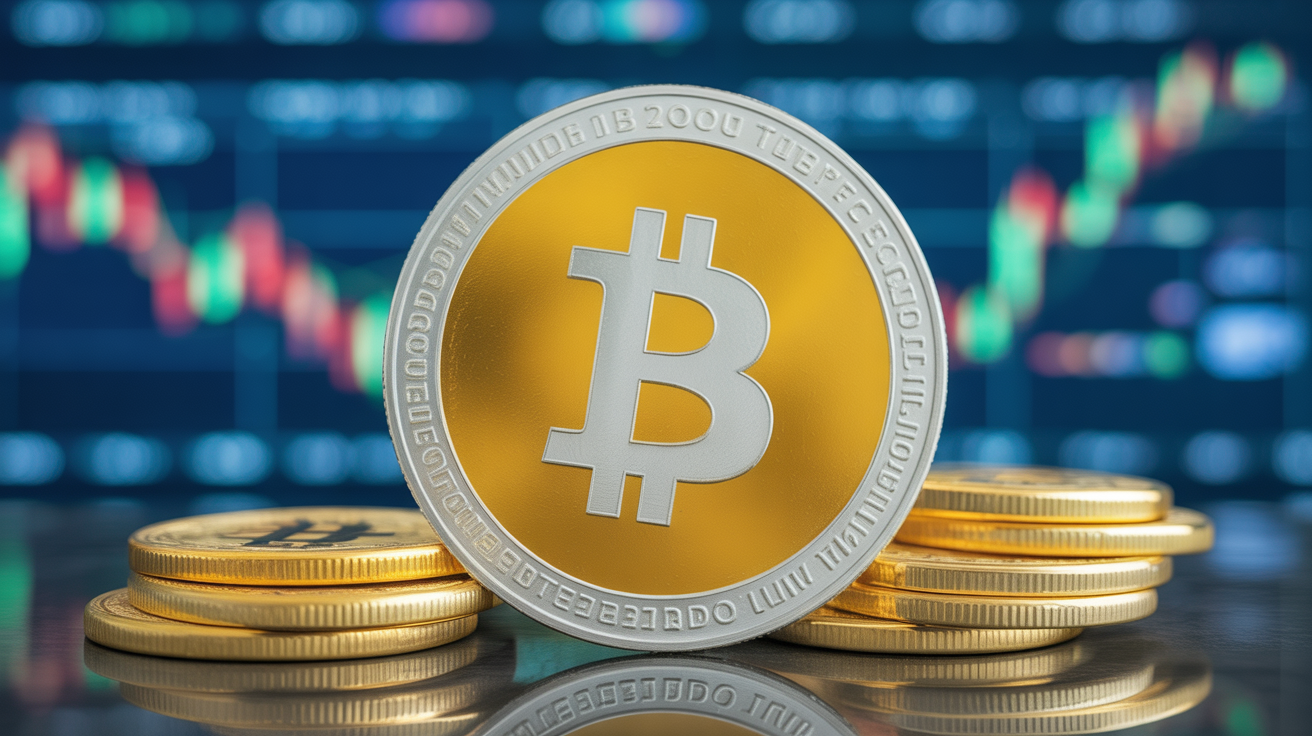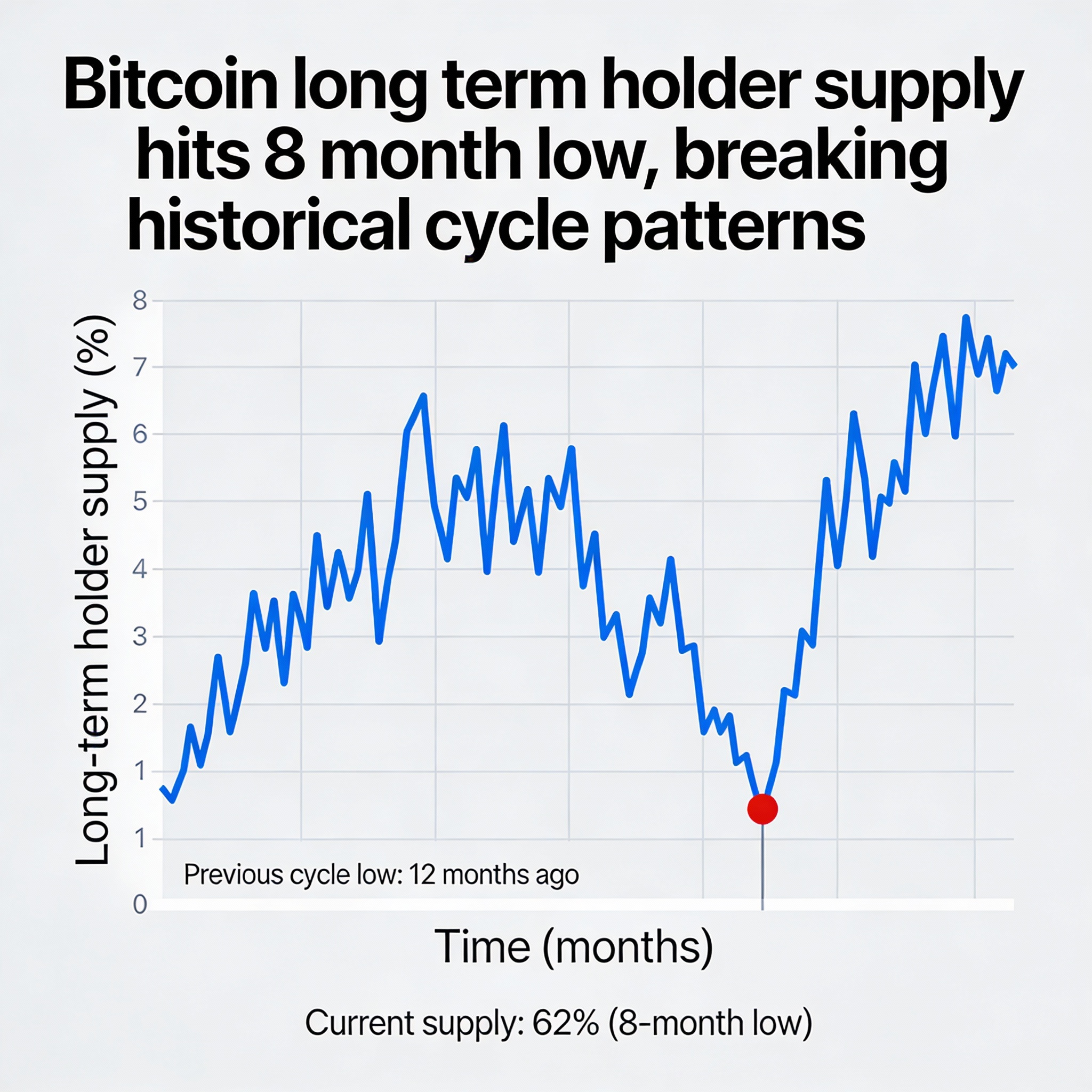Gold Hits Record High as U.S. Safe Haven Assets Tumble Amid Inflation Jitters
Gold surged to an all-time high on Friday, reaching $3,240 per ounce, as investors continued to exit traditional U.S. safe havens—Treasuries and the dollar—amid growing economic uncertainty and inflation concerns.
The selloff was sparked by the latest consumer sentiment data from the University of Michigan, which showed a sharp decline in confidence. Sentiment fell to 50.8 in April, down from 57.0 in March, and is now nearing levels last seen during the COVID-19 shutdowns. On top of that, one-year inflation expectations jumped to 6.7%, the highest level since 1981.
The news prompted a fresh round of selling in long-term U.S. Treasury bonds, sending the yield on the 10-year note soaring above 4.55%, up more than 50 basis points in a week. The U.S. dollar index also slid below 100, hitting a three-year low.
While traditional assets stumbled, gold made impressive gains. At the same time, cryptocurrencies benefited from the turmoil. Bitcoin (BTC) held above $82,000, up 4% in the past 24 hours. The CoinDesk 20 Index, which tracks the broader crypto market, rose 3%, with Solana (SOL) and Avalanche (AVAX) leading the charge with 6% gains.
U.S. equities, after a wild week, were relatively stable, with the Nasdaq up 0.6%.
Market Moves: A Sign of Deeper Trouble or Short-Term Noise?
The sharp moves in Treasuries and the dollar have some analysts worried about the broader implications for the U.S. economy, while others believe the volatility is driven more by short-term technical factors.
“No doubt the volatility in U.S. bonds and the dollar is unsettling, but it’s mostly contained to those assets,” said Noelle Acheson, macro analyst and author of Crypto Is Macro Now. “Other safe havens like gold and crypto are holding up just fine.”
Billionaire investor Bill Ackman agreed, suggesting that the recent turbulence is more a product of leveraged market players being forced out of positions than any fundamental shift.
“These wild moves are being caused by technical factors, not economic fundamentals,” Ackman posted on X. “In short, markets are unreliable indicators of the long-term impact of policy changes right now.”





